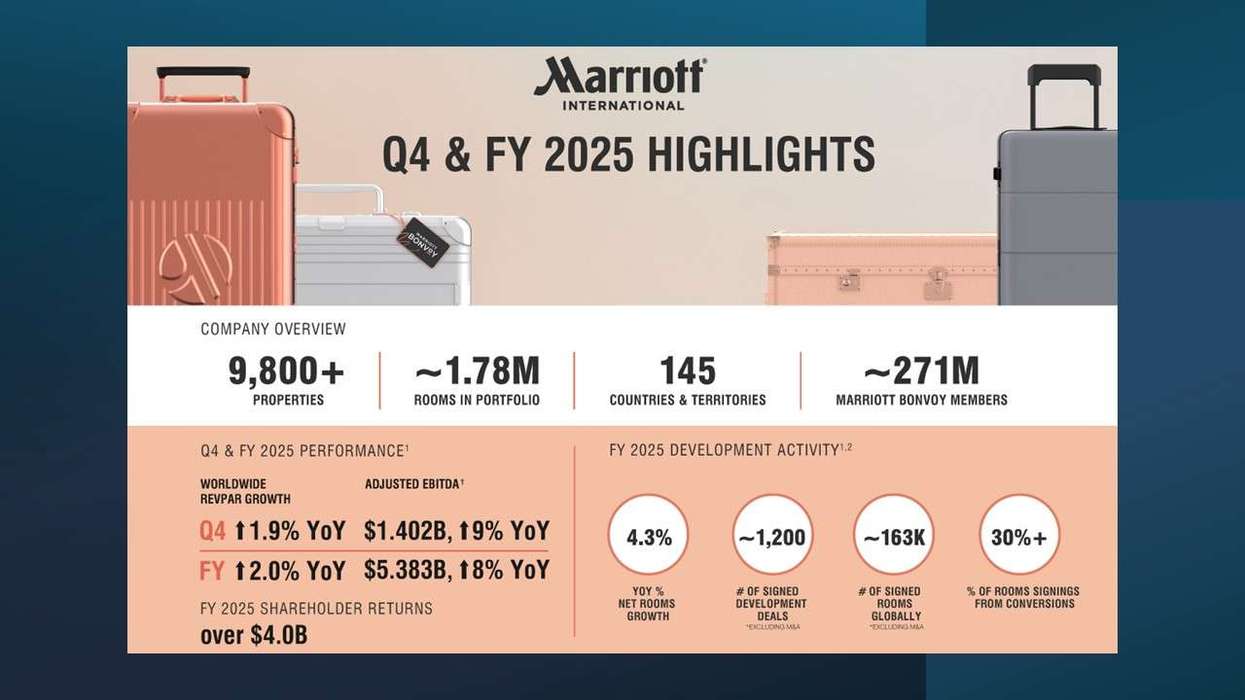MOST HOTELIERS AT this point are anxiously awaiting the end of the COVID-19 pandemic, but some challenges will remain even then. For one, traditional hotels may find stronger competition from home sharing options, including Airbnb.
“Home Sharing May Take Your Post-Pandemic Guests,” an article from Larry Mogelonsky, managing director of Hotel Mogel Consulting Limited, lays out three reasons why home-sharing properties may prove to be stronger competitors post-COVID-19. Already several studies, including one by STR and AirDNA that shows short-term rentals have seen higher occupancy than hotels during the pandemic.
The first concern, unsurprisingly, is safety and cleanliness.
“While hotels all over the world should be commended for rapidly setting up new cleaning SOPs to help prevent the transmission of viruses within their walls, this still cannot fully alleviate the fears that people now have of being amongst so many other strangers,” Mogelonsky said. “Home sharing platforms like Airbnb have the advantage in that their listings inherently suggest less human-to-human contact. Hoteliers must fight this perception by becoming staunch impresarios for all the new and improved sanitization protocols that have been implemented. Hotels should also adopt an attitude of ‘cleanliness theater’ whereby it’s not just about these advanced cleaning SOPs but also making a show of it to give guests peace of mind.”
Costs are the second factor. The average consumer considers shared-stay properties to be cheaper than hotels.
“In a post-pandemic world where the biggest casualty (besides those who have tragically fallen to the disease) is the amount of disposable income one has, travelers will be looking to penny pinch wherever possible,” the article said.
That will make revenue management more important, Mogelonsky said.
“You need someone to accurately assess what your rates must be in order to keep in step with market demands. To accomplish this, you must enable these [revenue managers] by giving them the latest marketplace intelligence software so that they have the data to know exactly what rates will get eyeballs. Similarly, revenue managers will be instrumental for devising good packages with alluring price tags.”
Finally, hotels may need to consider re-branding now to catch up with the perception Airbnb has shown the public during the crisis where they stand during the pandemic.
“Your hotel must also adopt a similar mentality. Present yourselves empathetically to your guests during this time when no travel is taking place, but then once the restrictions are lifted you must pick your battles,” Mogelonsky said. “You cannot be everything to everyone; instead focusing your efforts on the demographics and psychographics for which your brand is most meaningful.”
Mogelonsky finishes by urging his readers to fully understand all three factors to ensure they keep their guests coming to them after the crisis has passed. But, also, take action.
“By knowing is not even anywhere close to half the battle, and my final recommendation is that you spend this downtime working diligently to align your sales and marketing efforts so that you can ready to capitalize upon all the post-pandemic travel opportunities as well as prevent any attrition of guests choosing other forms of accommodations because they are no longer confident in your product,” he said.





